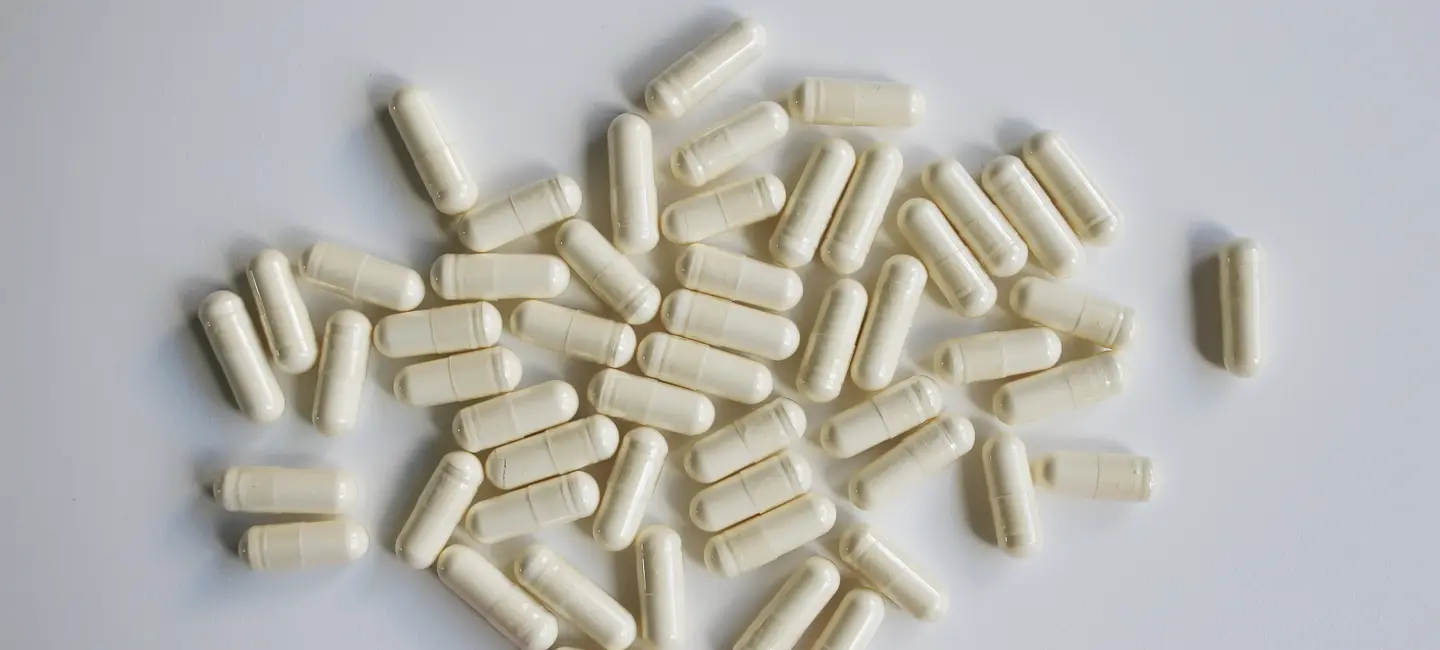
Bovine colostrum is the milk that comes from cows the first few days after giving birth. It contains many nutrients and proteins called antibodies.
Antibody levels in bovine colostrum can be 100 times higher than levels in regular cow's milk. Hyperimmune bovine colostrum is made by cows that have been vaccinated for specific diseases. These cows produce antibodies that fight the viruses and bacteria that cause certain diseases.
People use bovine colostrum for diarrhea and respiratory infections caused by exercise. It is also used for sepsis, athletic performance, autism, diabetes, child growth, and many other conditions, but there is no good scientific evidence to support these uses.
Is It Effective?
NatMed Pro rates effectiveness based on scientific evidence according to the following scale: Effective, Likely Effective, Possibly Effective, Possibly Ineffective, Likely Ineffective, Ineffective, and Insufficient Evidence to Rate.
- Diarrhea. Taking bovine colostrum by mouth seems to help prevent diarrhea and shorten how long it lasts in children.
- Airway infections caused by exercise. Taking bovine colostrum by mouth might prevent upper airway infections in healthy adults who exercise.
- Diarrhea in people with HIV/AIDS. Taking bovine colostrum by mouth might help reduce diarrhea in people with HIV/AIDS.
- Diarrhea caused by rotavirus. Taking hyperimmune bovine colostrum by mouth seems to reduce diarrhea in children with diarrhea due to rotavirus.
- A serious intestinal disease in premature infants (necrotizing enterocolitis or NEC). Giving bovine colostrum to very low birth weight infants doesn't seem to prevent NEC.
- Blood infection (sepsis). Giving bovine colostrum to very low birth weight infants doesn't seem to prevent sepsis.
- Poor nutrient absorption that occurs when part of the small intestine is missing or removed (short bowel syndrome). Taking bovine colostrum doesn't seem to improve bowel function in people with short bowel syndrome.
There is interest in using bovine colostrum for a number of other purposes, but there isn't enough reliable information to say whether it might be helpful.
Is it Safe?
When taken by mouth: Bovine colostrum is likely safe when used appropriately. It's usually well-tolerated. Since bovine colostrum comes from animals there's some concern about contamination with diseased animal parts. So far, there are no reports of humans catching diseases from bovine colostrum.
When applied to the skin: There isn't enough reliable information to know if bovine colostrum is safe or what the side effects might be.
When given as an enema (rectally): Bovine colostrum is possibly safe when used appropriately, short-term.
When applied in the vagina: Bovine colostrum is possibly safe when used appropriately, short-term.
Special Precautions & Warnings:
Pregnancy and breast-feeding: There isn't enough reliable information to know if bovine colostrum is safe to use when pregnant or breast feeding. Stay on the safe side and avoid use.
Children: Bovine colostrum is possibly safe when taken by mouth for 1-3 mouths. There isn't enough reliable information to know if it is safe to use longer-term.
Allergy to cow's milk: People who are allergic to cow's milk or milk products might also be allergic to bovine colostrum.
It is not known if Bovine Colostrum interacts with any medicines. Before taking Bovine Colostrum, talk with your healthcare professional if you take any medications.
There are no known interactions with herbs and supplements.
Taking bovine colostrum with food might decrease its effects. Food causes an increase in stomach acid and digestive enzymes, which may break down bovine colostrum.
Bovine colostrum has most often been used by adults in doses of 10-60 grams by mouth daily for up to 8 weeks. In children, bovine colostrum has been given in doses based on age and weight. Speak with a healthcare provider to find out what type of product and dose might be best for a specific condition.
Bovine Colostrum, Bovine Immunoglobulin, Bovine Lacteal Compounds, Calostro, Colostrum Bovin, Colostrum Bovin Hyperimmune, Colostrum Bovinum, Colostrum de Chèvre, Colostrum de Lait de Vache, Cow Milk Colostrum, Goat Colostrum, Hyperimmune Bovine Colostrum, Immunoglobuline Bovine, Lait Colostral, Protogala.
Information on this website is for informational use only and is not intended to replace professional medical advice, diagnosis, or treatment. While evidence-based, it is not guaranteed to be error-free and is not intended to meet any particular user’s needs or requirements or to cover all possible uses, safety concerns, interactions, outcomes, or adverse effects. Always check with your doctor or other medical professional before making healthcare decisions (including taking any medication) and do not delay or disregard seeking medical advice or treatment based on any information displayed on this website.
© TRC Healthcare 2024. All rights reserved. Use and/or distribution is permitted only pursuant to a valid license or other permission from TRC Healthcare.
